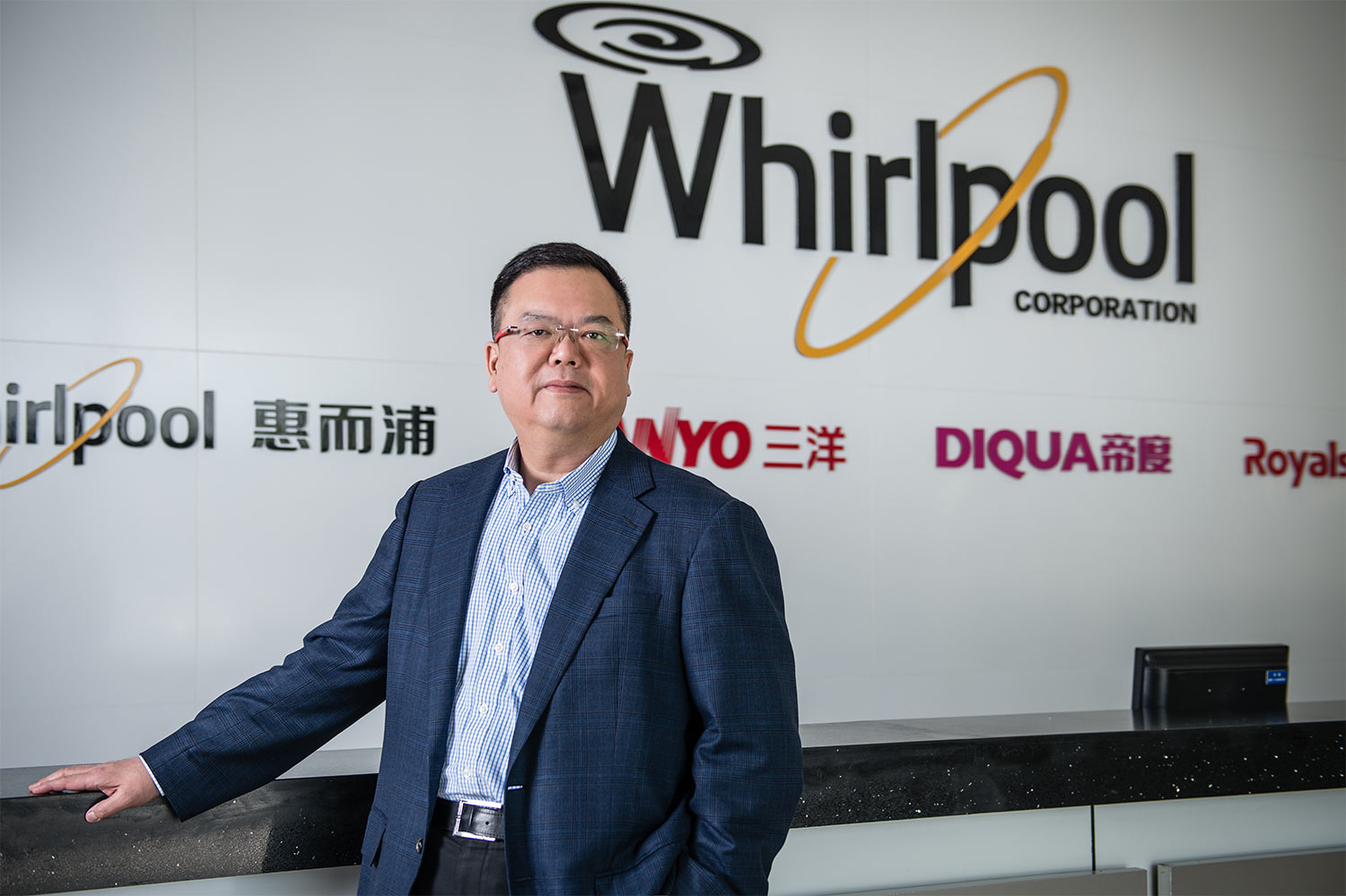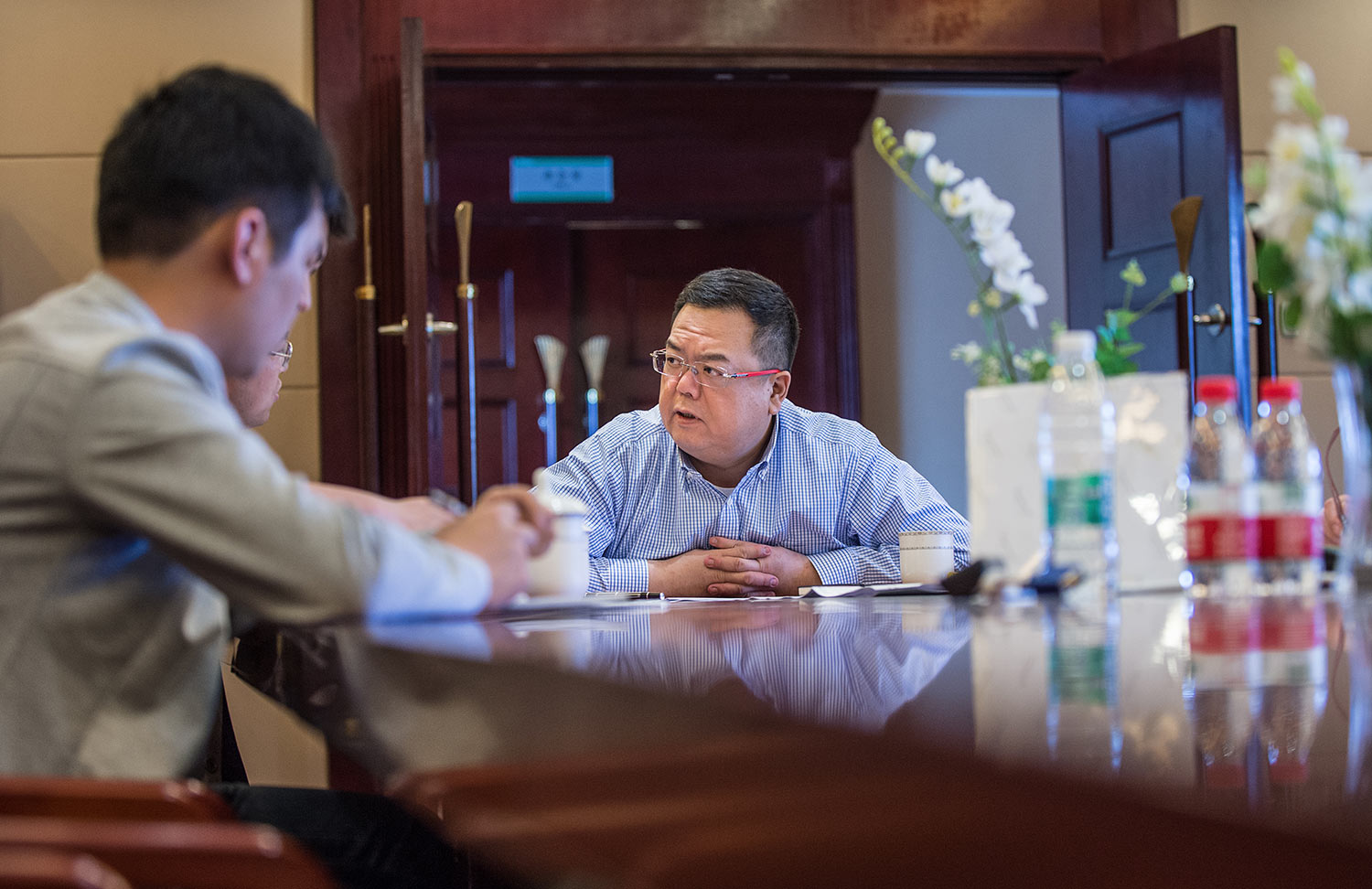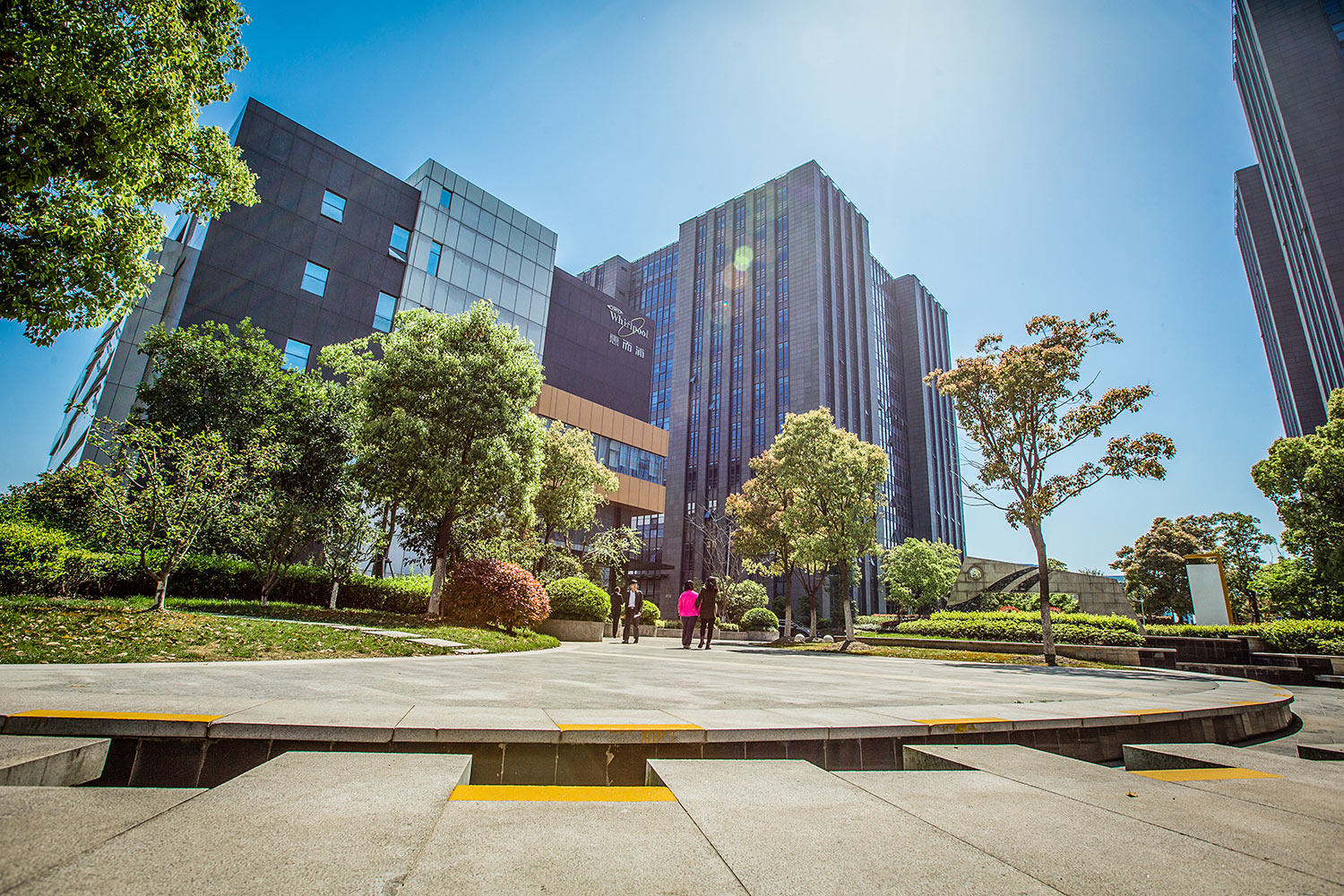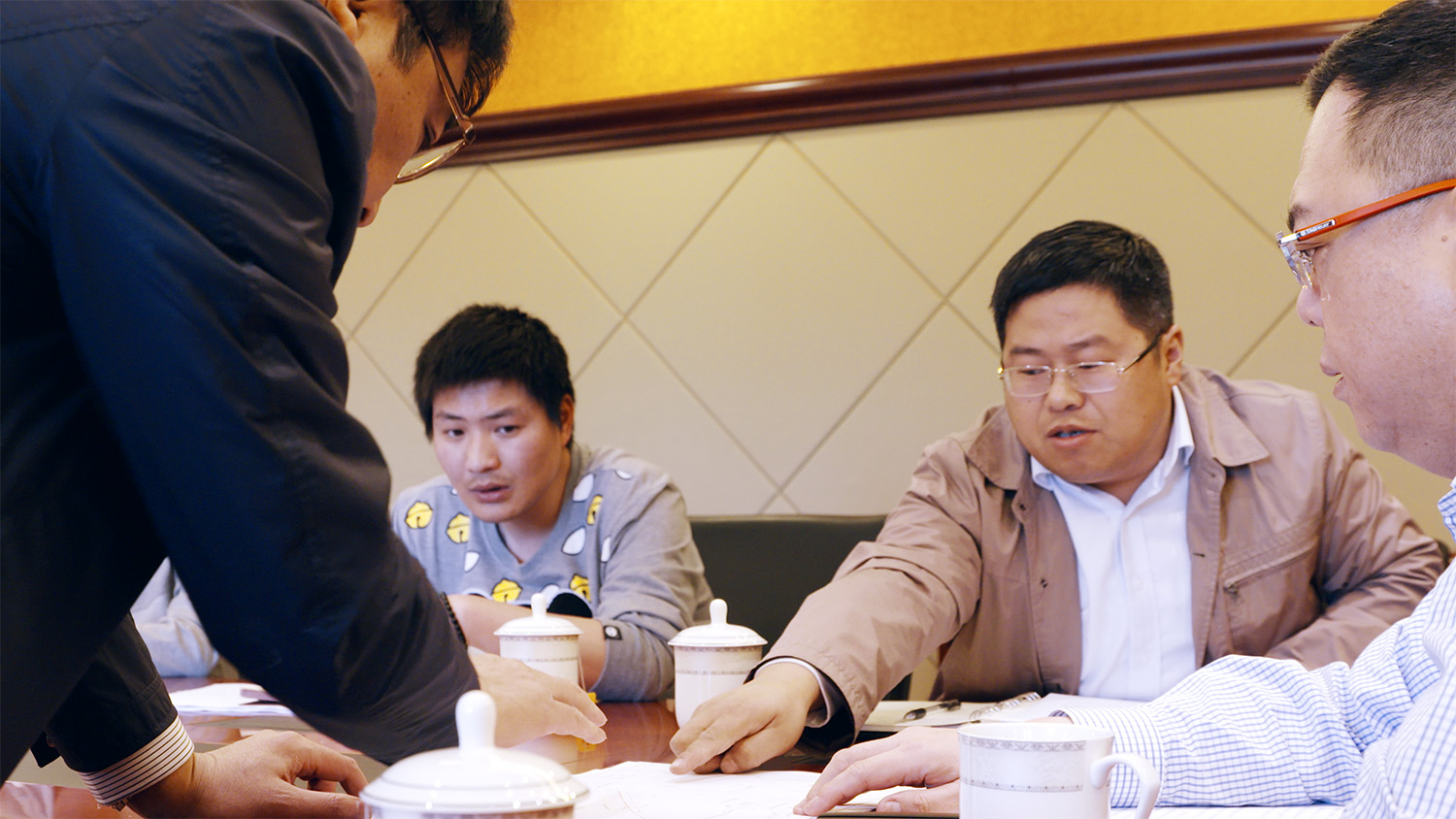
Get the fundamentals—finance, marketing, operations, strategy—right.

“After you get your fundamentals right, the whole world is your platform. I like the Kelley School’s focus on the fundamentals. They put people through the crunch of I-Core. Why does Kelley lump everything together and have people go through this tough time? They are teaching teamwork and aim to simulate real situations you will face in business. You have to be prepared.”
Perform well in your first few jobs.

“Nobody is going to hire you and say I want you to start your job in China.”
Performing well in your first few jobs puts you in a position to take on bigger assignments and more responsibility. In 1998, Lee was promoted from a position as the finance manager of Taiwan for P&G to the position of finance manager of personal beauty care in Greater China. After two years in that position, he was moved back to Taiwan as the managing director of Taiwan for P&G.
“Why did they send me back to P&G Taiwan to become head of operations? I think because of the push and pull between globalization and regionalization at that time, in the early 2000s. Things were happening so fast. We were thinking so much from the global angle, we were actually forgetting about the locals. I think that was an adjustment that needed to be made, and they chose me as the best person to go there because I knew the organization very well and I had the trust of the people in the organization.”
Be open to any work location.

“Some people are scared by the prospect of going to someplace like China or Vietnam. They want to choose the location. In China, everyone would love to come to Shanghai but many assignments in China are in less developed areas. You will see and learn a lot.”
Focus on getting experience, not checking a box.

To understand a culture and a community, you need to spend at least two to three years in that place.
“Working at a company is like living in a community. There are a lot of relationships that are intertwined, internally and externally, with suppliers, partners, customers and government officials. It takes time.”
Understand your consumer.
Consumers in China are very different based on where they live. For example, consumers in Beijing have different needs and preferences to consumers in Shanghai and Guangzhou.
“You need to develop the sensitivity to the culture of the place, and have a sharp perception of behaviors. Be able to know people very quickly. The business that I’m in, we are dealing with consumers. When you are dealing with consumers, you have to know what the consumer wants before you can sell them things.”
